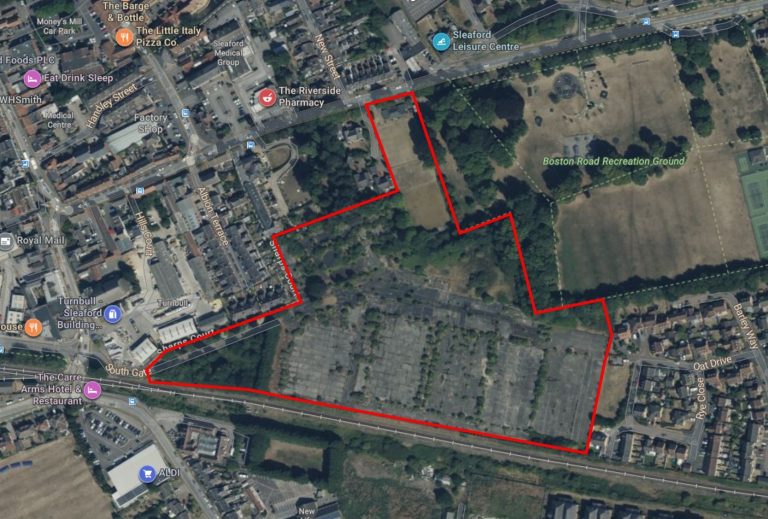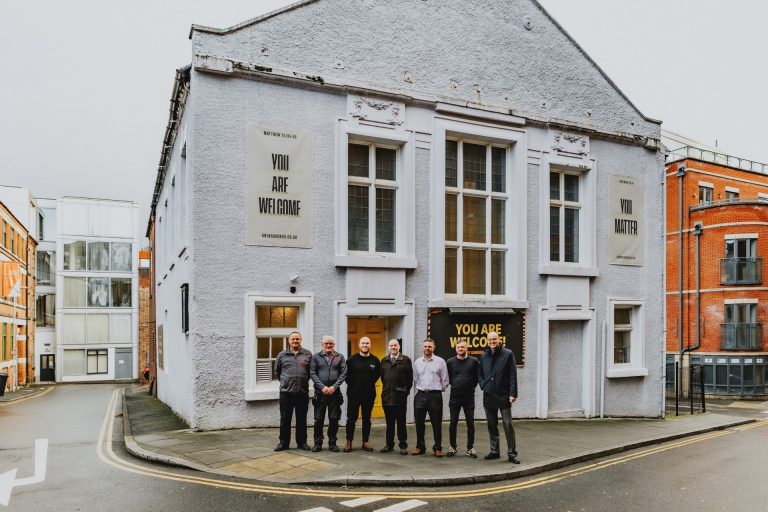New research from Lloyds Bank has found that two fifths (40%) of East Midlands businesses are making New Year’s resolutions to improve their productivity, as businesses signal confidence in more positive macroeconomic conditions ahead.
This optimism about the future comes after 2023 being a tough year for businesses, as they faced into high inflation and a sluggish economy.
The data revealed the top three areas where firms are focusing their attention as they head into the new year, with two fifths (39%) concentrating on developing their business, a third (32%) focusing on staff training, and another third (32%) looking to hire more staff.
As businesses take stock of 2023, many are reporting they are looking at ways to ensure they have a healthy cashflow, with more than a third (35%) of firms planning to keep a closer eye on costs over the next 12 months.
The data also shows that businesses are setting themselves up for growth, by building teams to support new opportunities, with over half (58%) expecting to hire more staff in the New Year.
With the expectation of inflation continuing to fall, more than two thirds (67%) of firms are confident that they will see their business become more profitable in 2024 compared to 2023.
Almost three fifths (57%) expect their turnover to increase in 2024. Of those expecting an increase in turnover, a fifth (22%) anticipate growth of 5%-10% and almost one in ten (6%) have eyes on growth of 11%-20%.
Dave Atkinson, regional director for the East Midlands at Lloyds Bank Commercial Banking, said: “It’s fantastic to see so many East Midlands businesses readying themselves for a strong year. Buoyed by a busy festive season, the country’s thriving hospitality and leisure sectors will be hoping to lay the foundations to keep momentum going as we enter 2024.“While firms will rightly be mindful of costs and where their business will benefit most from investment, it’s encouraging to see a focus on hiring new staff and developing those already onboard as routes to growth. “Having financial flexibility will be key for businesses as they expand their offering, and we will be here to help them maintain the healthy cashflow needed to unlock new opportunities.”











